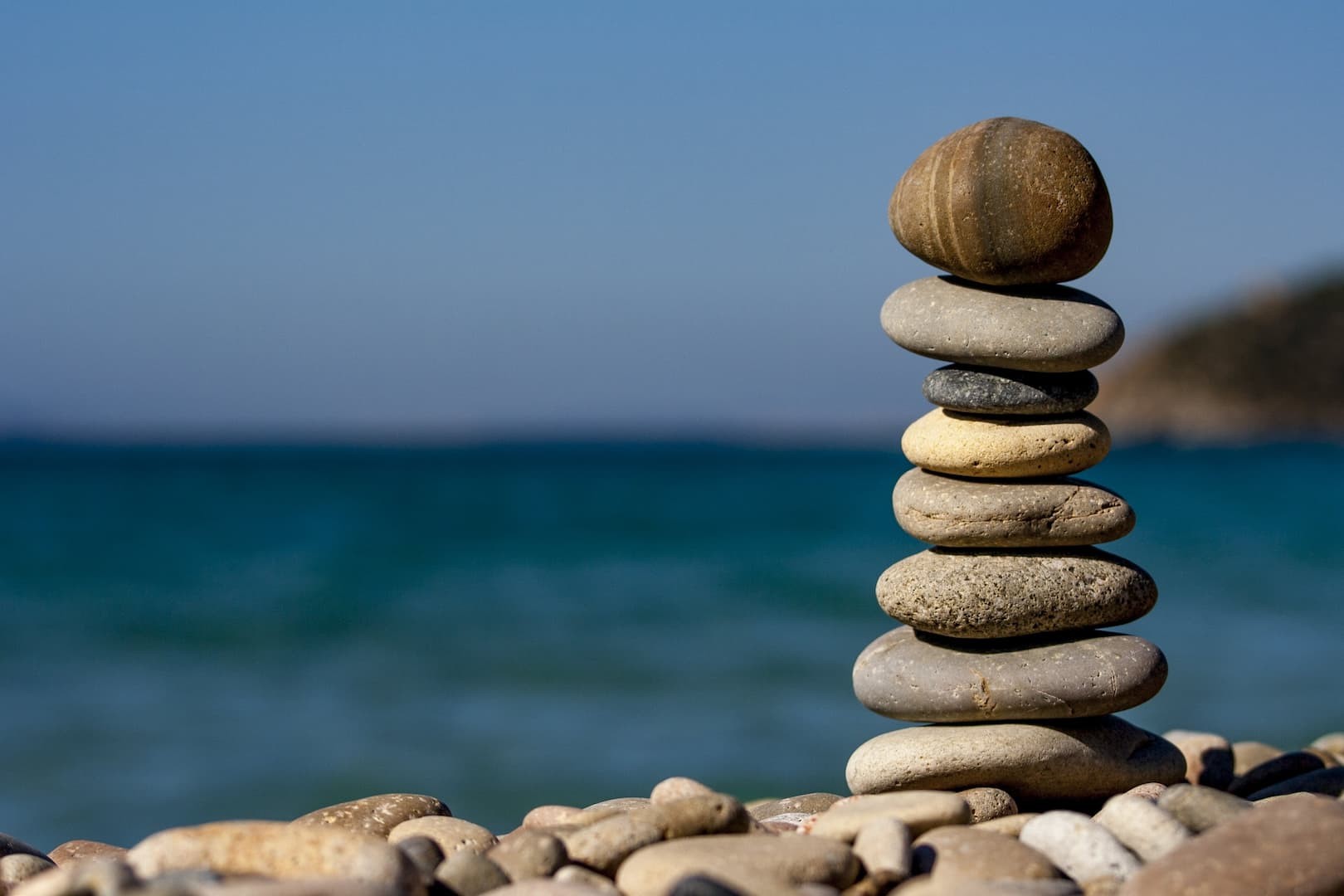
Advanced technology may have simplified some aspects of modern living, but somehow you may still find your life going by in such a fast pace. Your days are filled with a list of chores and things to do. There is always somewhere you have to be, something you have to do or take care of.
To get most things done, you may have to rush whether at work, on the road, or at home. With so much to do, you may not have the time to sit down, relax and enjoy the fruits of your labour. As a result, stress can overcome you on a daily basis and calm may escape you.
While your daily activities may be important for you to make a living and maintain a comfortable home, the frenetic pace of your regular schedule may take its toll on your physical and mental health. Studies show that people who are unable to manage stress suffer from sickness the most and are susceptible to nervous collapse.
Learning to relax may not only boost your immune system to keep you healthy, but it may also make you more happy and productive at work and at home. Here are some practical tips to inject calm in a hectic day:
Take Breaks
Don't wait until you feel overwhelmed by all your chores and things to do. Schedule breaks or "breathing" time in advance and make it a regular part of your day. When you are on your break, step out of your office or home and leave your mobile phone behind where you cannot hear it ring or beep. It is important that your break is free from interruption and distractions.
Practice Breathing
While breathing is essential to life, inhaling and exhaling are often taken for granted. People under a lot of stress tend to hold their breath unknowingly. Improper breathing not only deprives your body of much needed oxygen but also makes your muscles tense. For quick relaxation, get up from your table and breathe deeply. There are breathing techniques that you can use to calm your mind wherever you go. Read books on breathing exercises and practice these whenever you need it.
Meditate
No longer just a religious practice, meditation is widely recognized and highly recommended for reducing stress. It may be done anywhere and any time. This stress reduction technique may be used in conjunction with proper breathing exercises to achieve a state of calm. You may sign up for meditation classes or purchase a good book or DVD to guide you.
Change Your Scenery
Stepping out of your work place or home can do you wonders even just for a few minutes. Pictures of natural settings are soothing and relaxing. If you do not have the time or chance to go elsewhere to change your views, try visualizing a favorite or dream vacation spot and imagine being there. Visualization is often used to clear the mind and calm the nerves. You can also try going to a retreat to help ease your mind with a change of scenery.
Originally published on Jul 21, 2009








